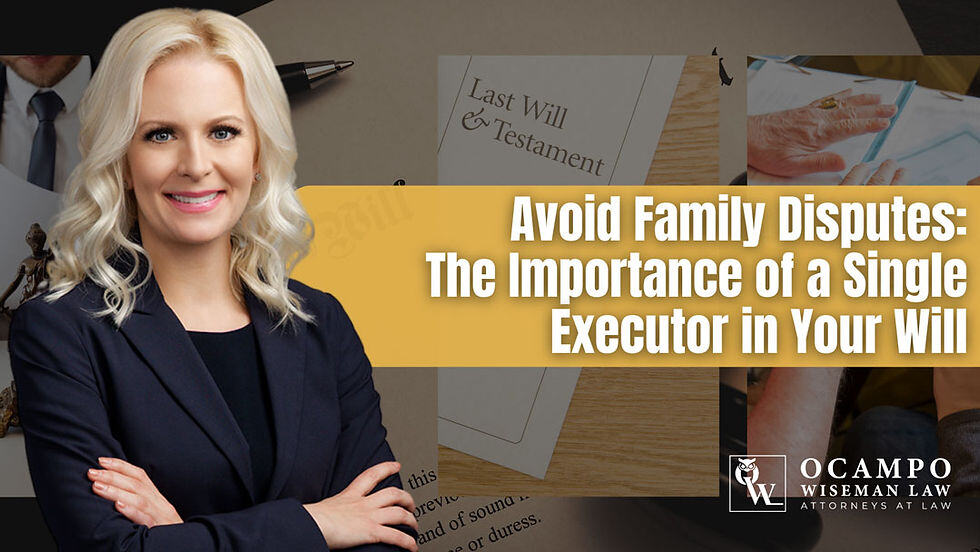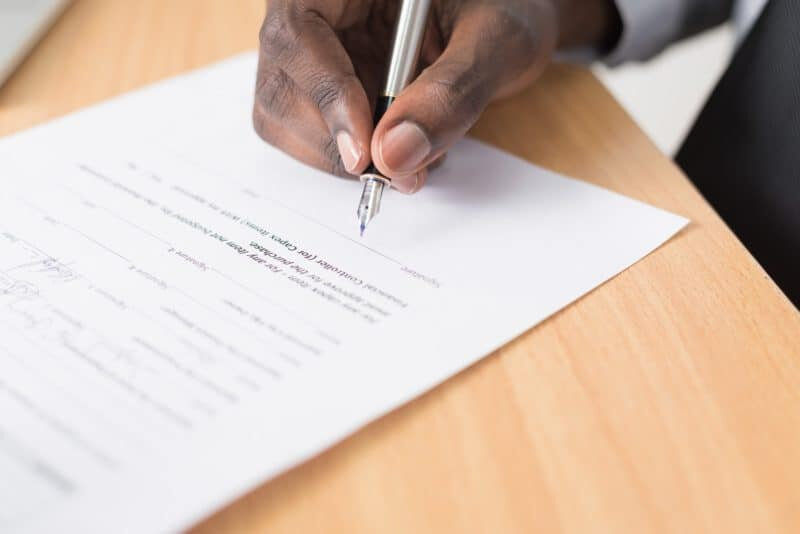When creating an estate plan, a common question is whether you can appoint two executors in a will. The short answer is yes, but it's essential to understand the potential complications that can arise.
The Role of an Executor
An executor plays a critical role in managing and settling an estate. Their responsibilities include gathering and distributing assets, paying any outstanding debts, and ensuring the will's terms are carried out.
Given the significance of these duties, selecting the right executor is a crucial aspect of estate planning.
Appointing Two Executors: A Double-Edged Sword
While it’s possible to appoint two executors in a will, it comes with potential challenges. The idea behind this approach is often to lighten the burden by splitting responsibilities between two people.
Additionally, having two executors may seem like a backup plan in case one cannot serve. However, while the intentions are sound, the drawbacks often outweigh the perceived benefits. You can always name someone as a backup versus having them serve with another person.
Challenges of Having Two Executors
Disagreements and Delays
One of the biggest risks of appointing two executors is the potential for disagreements. Executors must collaborate on critical decisions regarding the estate, some of which can be complex or emotionally charged.
If the two executors have conflicting views, it can lead to delays and disputes that slow down the entire probate process. Differences in interpreting the deceased’s wishes or managing assets can further complicate matters.
Emotional Strain and Family Conflicts
Beyond logistical challenges, appointing two executors can create emotional strain. After a loved one’s passing, emotions are already high, and introducing the possibility of conflict between executors can worsen family tensions.
These disputes may spill over to other family members, potentially causing long-term damage to relationships during an already difficult time.
Why a Single Executor Is Often a Better Choice
To avoid the risks associated with multiple executors, it’s generally recommended to appoint just one. A single executor streamlines decision-making, allowing the estate to be settled more efficiently.
This consistency helps ensure the smooth management and distribution of assets, reducing the likelihood of conflict among beneficiaries. In short, having one executor often leads to a quicker and more harmonious resolution of the estate.
Conclusion: The Case for a Single Executor
While appointing two executors in a will is possible, the potential for conflicts and delays makes it less than ideal. Opting for a single executor minimizes the risk of disagreements, emotional turmoil, and family strife.
Choosing one trusted individual to manage the estate can help ensure your final wishes are carried out efficiently and with minimal disruption to your loved ones.
In summary, if you’re considering the structure of your will, carefully weigh the implications of naming multiple executors. A single executor can often provide a more effective, peaceful, and streamlined approach to handling your estate.






